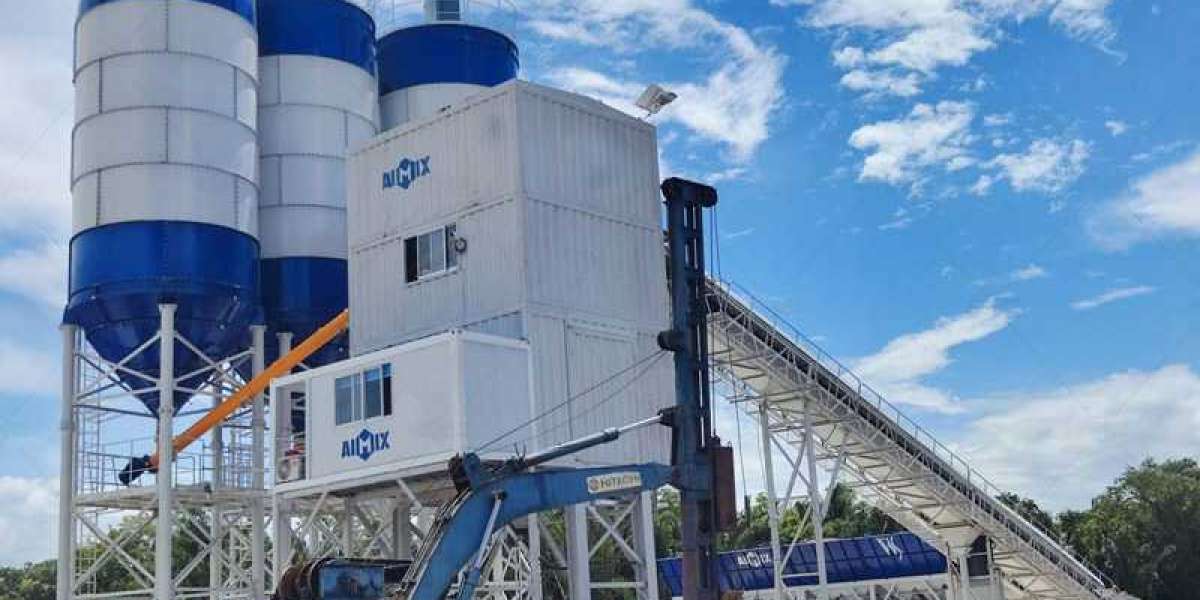Corporate events are a vital part of business operations, serving as opportunities for networking, training, and team building. However, organizing these events can be costly, and one of the significant expenses involved is transportation. Efficient management of corporate event transportation can help organizations save money while ensuring a smooth experience for all attendees. This article explores various strategies to minimize costs associated with transportation for corporate events.
Understanding Corporate Event Transportation
Corporate event transportation encompasses all logistics related to moving people and goods to and from an event venue. This includes shuttle services, buses, taxis, and even ride-sharing options. Effective transportation planning not only enhances the attendee experience but also contributes to the overall success of the event. By optimizing transportation costs, businesses can allocate their budget to other critical aspects of the event.
1. Plan Early
One of the most effective ways to save on corporate event transportation costs is to start planning early. Early planning allows event organizers to:
- Negotiate Rates: Vendors are often more flexible with pricing when approached well in advance. This gives organizers the leverage to secure better deals.
- Explore Options: Early planning provides ample time to research and compare different transportation providers, ensuring that the best deal is found.
- Avoid Last-Minute Costs: Last-minute arrangements can lead to inflated prices and limited choices, often resulting in higher expenses.
2. Choose the Right Venue
Selecting a centrally located venue can significantly reduce transportation costs. Venues that are easily accessible by public transportation or within walking distance of hotels can minimize the need for extensive transportation services. Consider the following factors when choosing a venue:
- Proximity to Accommodations: If attendees are traveling from out of town, a venue close to hotels can reduce the need for shuttles.
- Access to Public Transport: Venues near public transit options can encourage attendees to utilize these services rather than relying on private transport.
- Parking Availability: Ensure the venue offers ample parking space for those who prefer to drive.
3. Utilize Group Transportation
When transporting a large number of attendees, group transportation options can lead to significant savings. Consider the following:
- Shuttle Services: Hiring a shuttle service can be more economical than arranging individual transportation for every attendee. Shuttles can provide scheduled pickups and drop-offs, ensuring everyone arrives on time.
- Chartered Buses: For larger events, chartering a bus can be a cost-effective solution. This option allows for a more controlled environment and can accommodate larger groups more efficiently.
- Carpooling: Encourage attendees to carpool. This not only reduces costs but also promotes sustainability and can enhance team bonding.
4. Leverage Technology
Technology plays a crucial role in optimizing corporate event transportation. Various tools and platforms can streamline the process, making it easier and more cost-effective:
- Transportation Management Software: Utilizing software can help in planning and coordinating transportation needs. These platforms often provide features for managing schedules, tracking vehicles, and even communicating with drivers.
- Mobile Apps: Ride-sharing apps can offer flexible transportation options at competitive rates. Encourage attendees to use these services as an alternative to traditional transportation.
- Event Apps: Many event management apps include transportation features, allowing attendees to easily find transportation options or connect with others for carpooling.
5. Budget Wisely
Creating a detailed budget for corporate event transportation is essential. This budget should account for all potential costs, such as:
- Vendor Fees: Consider all fees associated with transportation providers, including fuel surcharges and gratuities.
- Insurance Costs: Ensure that the chosen transportation providers have adequate insurance coverage, which may incur additional costs.
- Contingency Fund: Set aside a portion of the budget for unexpected expenses that may arise during the event.
Regularly reviewing the budget and adjusting as necessary can help keep costs in check.
6. Communicate with Attendees
Clear communication with attendees regarding transportation options can lead to better planning and cost savings. Consider the following:
- Pre-Event Information: Provide attendees with detailed information about transportation options, including schedules, costs, and directions. This can help them make informed choices.
- Feedback Loop: After the event, gather feedback regarding transportation arrangements to identify areas for improvement. This can help in planning future events more efficiently.
7. Evaluate Transportation Providers
Not all transportation providers offer the same level of service or pricing. It’s essential to evaluate potential providers based on several criteria:
- Reputation: Research reviews and testimonials to gauge the reliability of transportation providers.
- Pricing Structure: Understand the pricing models of different providers. Some may offer flat rates, while others charge per mile or hour.
- Service Quality: Ensure that the providers can meet the specific needs of your event, including vehicle types and capacity.
8. Consider Alternative Transportation Modes
Incorporating alternative transportation modes can also lead to significant cost savings:
- Public Transportation: Encourage attendees to use public transport where feasible. Providing information on local transit options can make this easier.
- Bicycles: If the event location allows, consider promoting bicycle use. This not only reduces costs but also aligns with sustainability initiatives.
- Walking: For nearby venues, walking can be a viable option. Organize walking groups to foster networking among attendees.
Conclusion
Saving costs on corporate event transportation requires thorough planning, smart budgeting, and effective communication. By employing these strategies, organizations can significantly reduce transportation expenses while still providing a seamless experience for attendees.
As you plan your next corporate event, consider using tools like swoopapp to streamline your transportation logistics and enhance the overall experience. With swoopapp, you can efficiently manage your transportation needs, ensuring that your event is both memorable and cost-effective. Don't miss the opportunity to optimize your corporate event transportation start planning today!







